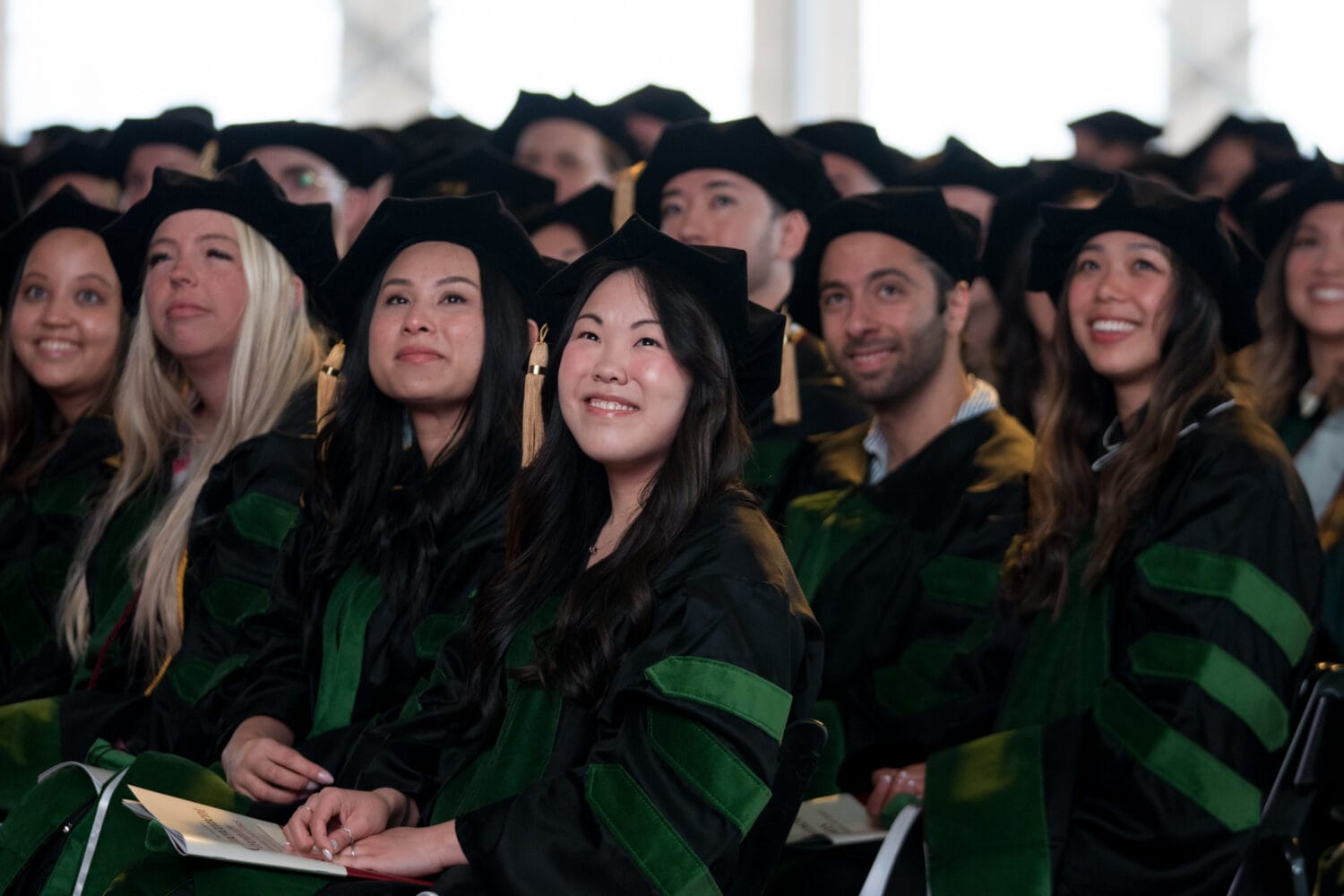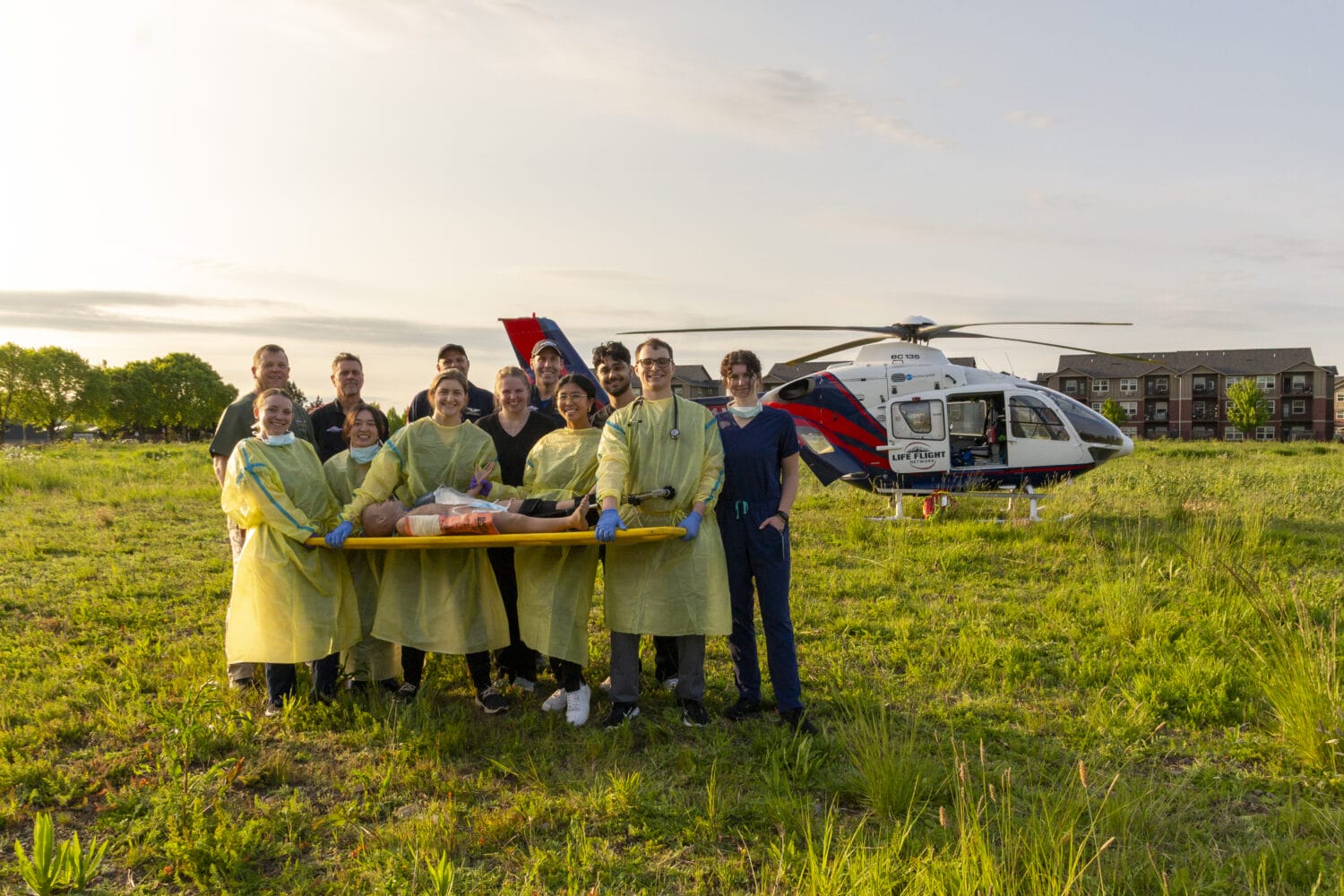New research leader at WesternU receives $2.8 million NIH grant
Western University of Health Sciences Senior Vice President for Research Devendra K. Agrawal, PhD, received a $2.8 million National Institutes of Health grant to study a potentially life-altering treatment for patients undergoing hemodialysis.
The project, “Novel Molecular Target to Prevent Maturation Failure of Arteriovenous Fistula,” is being funded for $704,979 per year for four years. Agrawal joined WesternU on July 1, 2019.
Those who suffer kidney failure must undergo one of three renal replacement therapies: hemodialysis, peritoneal dialysis or kidney transplantation.
One of the most common methods of hemodialysis is via an arteriovenous (AV) fistula, an access made by connecting an artery to a vein. The AV fistula undergoes a remodeling or maturation process that involves three stages.
“We are connecting a high-flow vessel to a low-flow vein. Because of that, there is shear stress in the blood flow, which increases the size of the vessels so there is enough blood flow.
This is called outflow vein dilation by shear stress,” Agrawal said. “The second requirement for maturation is that the access vein’s internal diameter should enlarge and there should be a sufficient amount of the blood flow. Third is depth and location of this fistula, which must be easily accessible for repeated cannulation.”
However, in about 60 percent of the subjects this AV fistula maturation does not occur, meaning the dilation of the vessel does not occur and the outward remodeling does not occur. In certain cases, at the point of anastomosis – where the artery and vein are connected – there is restenosis, which creates resistance to the blood flow.
“That is called immaturation of the AV fistula. If there is immaturation, the alternative is to go to another site, then to a third site, then a fourth site,” Agrawal said. “This creates a major clinical problem and enhances the morbidity and mortality in the patients with chronic renal disease. Hence it is of upmost importance to keep the fistula open or matured.”
Agrawal developed a clinically relevant animal model of the AV fistula, whereby he connected a femoral artery to a femoral vein and followed up for four months to see if there was maturation or lack of maturation in eight pigs.
He examined different mediators and came across an important mediator for inflammation, TREM-1 (triggering receptor expressed on myeloid cells).
“I have been working with this molecule for a long time,” Agrawal said. “I found that in AV fistula immature vessels there was a significant increase in this particular molecule. I predicted this may be one of the culprits to induce inflammation and that could be one of the major reasons for the lack of maturation and the lack of outflow remodeling.”
The NIH grant is funding further studies into whether blocking TREM-1 with an inhibitor will result in inhibiting inflammation and getting enhanced outflow remodeling and inducing maturation of the AV fistula in this clinically relevant pig model.
This grant will allow Agrawal and his team to conduct the study on about 80 pigs, testing the effect of the inhibition of this TREM-1 molecule. His team includes Dr. Mohamed Radwan Ahmed, a surgeon with 34 years of experience in Europe and the United Arab Emirates. He joined Agrawal in 2011 as director of research in his large animal facility and is now an assistant professor of surgical expertise and translational research at WesternU.
“I have two other investigators who are cellular and molecular biologists with various expertise in regenerative medicine, gene therapy, and extracellular matrix,” Agrawal said. “They will be collaborating with me on these projects in addition to developing their own independent research projects. Now (that) the grant is awarded, I am in the process of advertising for postdoctoral fellows and research technicians.”
This is the first Research Project (R01) grant awarded to Agrawal since he joined WesternU. However, he transferred his ongoing R01 award for “Novel Approach to Stabilize Atherosclerotic Plaque in Carotid Artery.” The grant is for three years and about $1.95 million.
Although Dr. Agrawal is an active researcher and is establishing his research laboratory at WesternU, his major goal is to develop a supportive environment rich in facilities and scientific interactions to promote integrated research and scholarship, and to train and mentor other investigators and the next generation of researchers at WesternU in the pursuit of interdisciplinary translational research and training initiatives within and between departments and colleges at WesternU, and with neighboring schools and colleges in Southern California.
“Devendra Agrawal is a superb scientist of extraordinary accomplishments spanning many years. His groundbreaking research has been awarded some $40 million thus far in a career that also encompasses wide-ranging academic leadership,” said WesternU President Daniel R. Wilson, MD, PhD. “I am certain he will not only sustain such great work but, perhaps more important, will further transform our University through equal parts energy and mentorship of a rising generation of scholarly investigators. He could have gone almost anywhere but was drawn to the special mission and prospects of WesternU.”
Research reported in this publication was supported by the National Heart, Lung, and Blood Institute of the National Institutes of Health under Award Number R01HL147662. The content is solely the responsibility of the authors and does not necessarily represent the official views of the National Institutes of Health.



